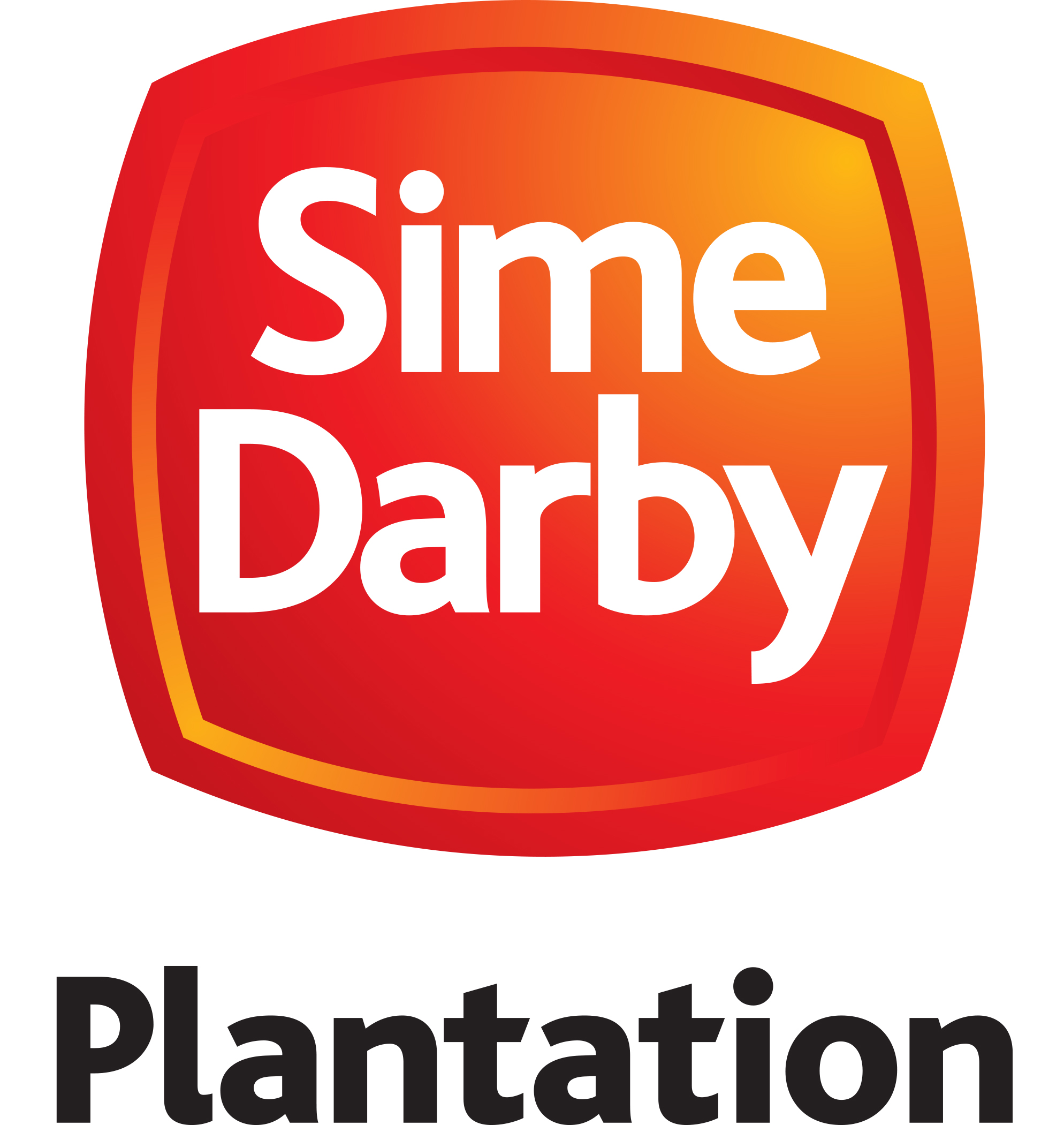As the world’s largest producer of Certified Sustainable Palm Oil (CSPO), we are committed to implementing responsible agricultural practices for the use and promotion of 100% sustainable palm oil in Europe, in line with our sustainability purpose to contribute to a better society, minimise environmental harm and deliver sustainable development.

Sime Darby Plantation
Our commitment on the movement
We are proactively going beyond certification to meet the increased expectations of our stakeholders through participation in multiple thought-leadership and collaborative platforms and our commitments, encapsulated in our Responsible Agriculture Charter, Human Rights Charter, as well as our Innovation and Productivity Charter.
Our operations are certified as follows:
- 97% of our strategic operating units (SOUs) globally are certified by the Roundtable on Sustainable Palm Oil (RSPO).
- 100% of our Malaysian SOUs are certified by the Malaysian Sustainable Palm Oil (MSPO) Standards.
- 96% of our Indonesian SOUs are certified by the Indonesian Sustainable Palm Oil (ISPO) standards.
- 36,000ha of our operations in Papua New Guinea certified by the Rainforest Alliance Sustainable Agriculture Standards (SAN).
"As the world’s largest producer of Certified Sustainable Palm Oil (CSPO), Sime Darby Plantation looks forward to participating in this initiative, in making sustainable palm oil the norm in not only Europe, but globally."Jonathan Pennefather, General Manager Sime Darby Oils Zwijndrecht
Our story
The world is concerned about deforestation and palm oil production being a contributor to it. Our newest initiative, launched on 23 May 2019 is ‘Crosscheck,’ an open access tool that allows everyone to trace sources of Sime Darby Plantation’s (SDP) palm oil supply down to the mill level, making full traceability possible. It represents a major step forward in enabling us to create a deforestation-free supply chain.
Through Crosscheck, users are able to view:
- A map showing all the mills that supply each of SDP’s refineries, and information on who owns these mills.
- A risk map showing the 50kms radius around each mill, highlighting areas of risk such as High Carbon Stock forest, animal habitats and biodiversity.
- Satellite maps which show any evidence of deforestation on the ground.
SDP has a strict No Deforestation, No Peat, No Exploitation policy (NDPE) in our operations, and we expect the same from our suppliers. If a supplier violates that policy, we will suspend them. Nonetheless, we also believe that suspension alone does not improve practice and often has the unintended consequence of driving poor practices elsewhere into the industry’s supply chain. Therefore, if a non-compliant supplier commits to stopping clearance immediately and putting in place a plan to meet our conditions, we will re-engage them and support their progress.
As an online platform, Crosscheck is designed to incorporate more data and support new functionality over time. Throughout 2019, SDP intends to work with various stakeholders to explore potential new applications for Crosscheck and gather feedback on how the tool can be further improved. Crosscheck is our newest progress on our sustainability journey, which strengthens our existing commitments and allows for us to become an active part of the solution.
About Crosscheck
Our UN Sustainable Development Goals
My organisation is most concerned with the following 5 UN SDGs:
- Goal 8: Decent Work and Economic Growth (our primary goal)
- Goal 12: Responsible Consumption and Production (our base goal)
- Goal 13: Climate Action (our primary goal)
- Goal 15: Life on Land (our primary goal)
- Goal 17: Partnerships for the Goals (our central pillar goal)
Sime Darby Plantation’s approach to the UN SDGs can be found here.
Our struggles and future plans
Our biggest struggle is the willingness of the market to buy sustainable palm oil. In recent times, there have been occurrences of parties requesting for the ban of palm oil. We believe that a complete boycott is misguided because it fails to for example, protect forests. At Sime Darby Plantation, we also believe that in order to improve the sector, all relevant stakeholders should get involved in the conversation for solutions, to enable the continued production and use of sustainable palm oil.
Over 90% of all the palm oil that we process in Europe is certified sustainable. Our next activity is to support our customers to promote sustainable palm oil to consumers.
Join us!
Sign up, switch to sustainable palm oil and join us in showing the positive impact on the ground and making sustainable palm oil a reality!
Are you committed? Join the Sustainable Palm Oil Choice.